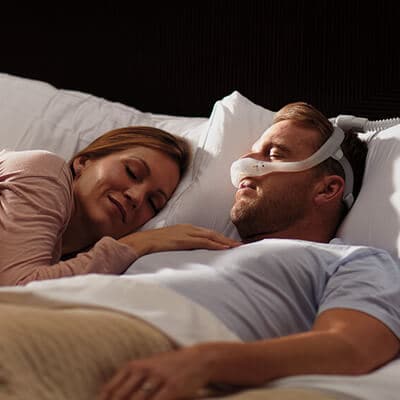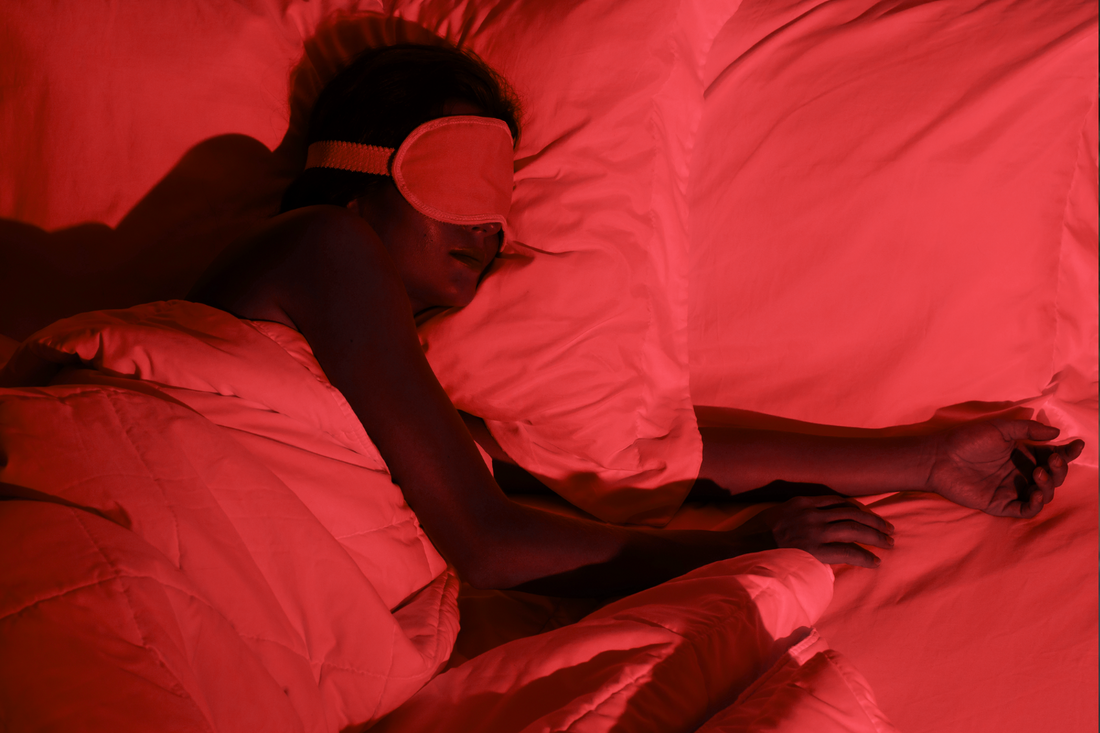Professional Insomnia Counseling - Get Expert Guidance
Professional Insomnia Counseling - Get Expert Guidance
Blog Article
Efficient Therapy Solutions for Handling Sleep Disorders and Enhancing Restful Rest
In the realm of healthcare, the monitoring of sleep conditions and the pursuit for relaxed sleep are pivotal parts of general wellness. Effective treatment remedies supply a diverse method to deal with these difficulties, varying from cognitive behavioral interventions to all natural methods that promote leisure and mindfulness. The expedition of numerous approaches, including the assimilation of medicine and light treatment, opens up a world of opportunities in the quest of better rest high quality. As we navigate the detailed landscape of sleep disorders and look for to boost our rest experience, a deeper understanding of these treatment services might hold the secret to opening a much more refreshing and fulfilling restorative trip.
Cognitive Behavioral Treatment for Sleeping Disorders (CBT-I)
Cognitive Behavior Modification for Insomnia (CBT-I) is a structured, evidence-based treatment technique that concentrates on attending to the hidden factors contributing to sleep disruptions. This kind of therapy aims to change behaviors and ideas that intensify sleeping disorders, ultimately advertising healthy sleep patterns. CBT-I usually entails several vital parts, consisting of cognitive treatment, sleep restriction, stimulus control, and sleep health education.
Cognitive treatment assists people identify and transform adverse thought patterns and ideas about rest that may be impeding their capacity to drop or stay asleep. Sleep restriction includes limiting the quantity of time spent in bed to match the individual's actual rest period, therefore increasing sleep efficiency (sleep therapy). Stimulus control techniques aid establish a solid organization between the bed and sleep by encouraging people to go to bed just when sleepy and to avoid taking part in promoting activities in bed
Furthermore, rest health education concentrates on establishing healthy rest routines, such as preserving a consistent rest timetable, producing a relaxing bedtime routine, and maximizing the rest setting. By addressing these factors comprehensively, CBT-I provides an efficient non-pharmacological intervention for handling insomnia and improving total rest top quality.
Rest Health Practices
Having developed the structure of cognitive restructuring and behavioral modifications in dealing with sleeping disorders through Cognitive Behavior modification for Insomnia (CBT-I), the emphasis now changes towards exploring important Rest Health Practices for maintaining ideal rest top quality and overall wellness.
Rest health practices encompass a series of practices and ecological factors that can substantially influence one's ability to drop off to sleep and remain asleep throughout the evening. Consistent rest and wake times, creating a relaxing going to bed routine, and maximizing the sleep environment by maintaining it dark, silent, and cool are vital parts of good rest health. Limiting direct exposure to screens before going to bed, preventing stimulants like caffeine near to going to bed, and taking part in normal exercise throughout the day can also promote far better rest quality.
Moreover, exercising relaxation methods such as deep breathing exercises or meditation prior to bed can help soothe the mind and prepare the body for sleep. By incorporating these rest hygiene practices right into one's day-to-day regimen, people can develop a healthy sleep pattern that sustains relaxed rest and general well-being.
Leisure Methods and Mindfulness
Applying relaxation techniques and mindfulness techniques can play a pivotal duty in promoting a feeling of calmness and promoting high quality sleep. cognitive behavioral therapy for insomnia (CBT-I). These techniques intend to peaceful the mind, lower stress, and create an optimal setting for relaxed sleep. One commonly exercised technique is deep breathing workouts, where people concentrate on slow-moving, deep breaths to unwind the body and mind. Dynamic muscle mass relaxation entails tensing and afterwards launching each muscle team, advertising physical leisure. Furthermore, assisted images can assist transfer individuals to a relaxed area in their minds, helping in tension reduction and enhancing rest quality.
By integrating these practices right into a bedtime regimen, individuals can indicate to their bodies that it is time to loosen up and prepare for sleep. Generally, integrating relaxation techniques and mindfulness practices can considerably contribute to managing rest conditions and enhancing overall rest top quality.

Medicine Options for Sleep Disorders
After checking out leisure techniques and mindfulness methods as non-pharmacological treatments for improving sleep high quality, it is necessary to consider anchor medication options for individuals with sleep problems. In instances where way of living modifications and treatment do not give enough relief, medication can be a useful device in handling rest disruptions.
Frequently recommended medications for rest disorders consist of benzodiazepines, non-benzodiazepine hypnotics, antidepressants, and melatonin receptor agonists. Benzodiazepines, such as diazepam, are sedatives that can assist induce sleep, yet they are usually suggested for short-term usage due to the risk of dependence. Non-benzodiazepine hypnotics like zolpidem are additionally used to treat insomnia and have a lower danger of reliance compared to benzodiazepines. Antidepressants, such as trazodone, can be useful for individuals with co-occurring anxiety and sleep disruptions. Melatonin receptor agonists, like ramelteon, target the body's all-natural sleep-wake cycle and can be practical for managing rest patterns.
It is important for individuals to speak with a medical care copyright to establish one of the most proper medicine option based upon their certain sleep problem and case history.
Light Treatment for Circadian Rhythm Policy
Light therapy, also called photo-therapy, is a non-invasive therapy technique utilized to regulate circadian rhythms and boost sleep-wake cycles. This therapy involves exposure to bright light that simulates all-natural sunshine, which helps to reset the body's biological rhythm. By subjecting individuals to particular wavelengths of light, generally in the morning or evening depending on the preferred effect, light therapy can properly adjust the body clock to advertise wakefulness during the day and improve relaxed sleep at evening.
Research has actually revealed that light therapy can be especially advantageous for individuals with circadian rhythm disorders, such as delayed rest stage disorder or jet lag. It can also be valuable for those experiencing seasonal depression (SAD), a kind of depression that commonly occurs during the winter season months when all-natural light direct exposure is reduced. Light therapy is generally well-tolerated and can be made use of along with various other treatment approaches for rest conditions to enhance outcomes and enhance general rest this website high quality.
Conclusion
In verdict, efficient therapy remedies for handling sleep conditions and improving relaxing rest consist of Cognitive Behavior modification for Sleeplessness (CBT-I), rest health practices, relaxation strategies and mindfulness, medication options, and light therapy for body clock regulation. These techniques can help individuals boost their rest top quality and general wellness. It is essential to seek advice from a health care copyright to determine one of the most suitable technique for dealing with rest concerns.
As we navigate the elaborate landscape of rest conditions and seek to boost our sleep experience, a deeper understanding of these treatment options may hold the trick to opening a more rejuvenating and fulfilling restorative journey.
Rest limitation involves limiting the amount of time spent in bed to match the individual's actual rest period, consequently raising rest performance. Consistent sleep and wake times, creating a relaxing bedtime regimen, and optimizing the sleep environment by maintaining it dark, peaceful, and cool are vital parts of good rest hygiene. Light therapy is usually well-tolerated and can be made use of in combination check this with various other therapy approaches for sleep problems to maximize end results and improve total rest quality.

Report this page